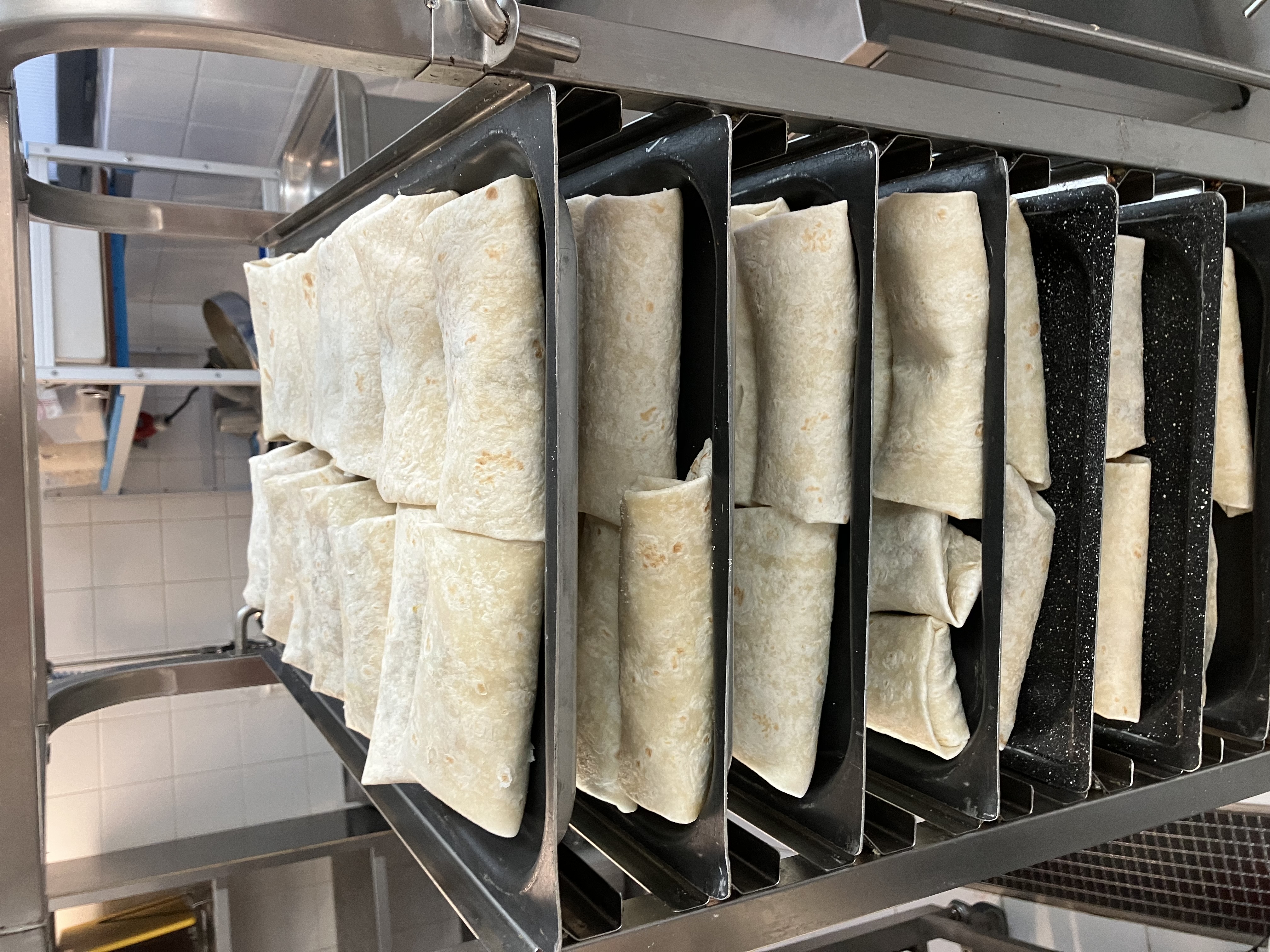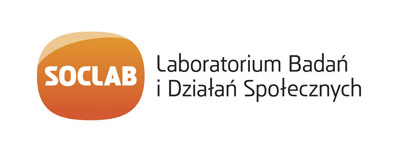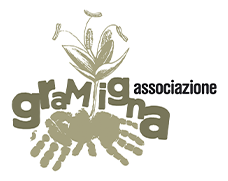EURECA
Good Practices
 Pictures:
Pictures:Photos provided by Izabelin Municipality.
Meals in the school canteen in Izabelin Municipality.
Limiting meat in the school canteen.
Country:Main Subject:
Description:
The current world of rampant consumption, over-consumption and over-abundance of everything in the rich countries of the 'global north' is causing a huge impact on the environment. The problem is not only waste but also, and perhaps above all, the way it is produced. One of the products whose mode of production has the greatest impact on the environment is meat. Farming animals for meat, as well as meat processing, consume huge amounts of water and energy, while animal excrement is a source of pollution of the soil, water and air. They also affect climate change, as methane released from animal excreta is one of the main greenhouse gasses. Huge areas of forest are being cleared for grazing, including the most valuable forests - the equatorial and Amazonian Forests. Meat consumption contributes to rise inequalities of the global south and north. At the same time, excessive meat consumption in rich countries leads to many serious diseases. A separate issue is the ethical aspects of animal farming and killing.
In order to move away from an unfavorable meat-based dietary style, many efforts are being made to reduce or give up eating meat. This is not easy, mainly due to human habits and culinary traditions. A separate problem is food waste. Often, legal barriers stand in the way, for example when feeding schoolchildren. But there are also good examples of how to deal with this.
The Polish municipality of Izebelin town, has taken up the challenge of food waste in schools, where a buffet has been introduced, so each child puts as much as he or she wants and what he or she likes best, so there are no leftovers on the plate from a menu gone wrong. You can also take leftovers to go in compostable containers. What's more - three days of the week are an all-you-can-eat diet, and meat only appears on pupils' plates on Tuesday and Thursday. In addition, non-organic disposable packaging and cutlery are banned in communal units. Food-sharing point have been launched in collaboration with an NGO, accompanied by a published brochure 'Outcast Cuisine' and zero-waste cooking workshops.
“Our daily menu is important for the sake of the environment and the fight against climate change" emphasizes Dorota Zmarzlak – The Mayor, who is not a vegetarian herself and is far from any kind of extremism, but as she says – enough is enough.
Reference links:
https://izabelin.pl/
https://www.greenpeace.org.uk/news/why-meat-is-bad-for-the-environment/
https://www.eatingwell.com/article/291118/30-day-vegan-challenge/
SDG direct/ indirect short justification:
Direct SGDs:
- SDG 12. Responsible consumption and production.
Indirect SDGs:
- SDG 2. Zero hunger.
- SDG 3. Good health and well-being
Justification:
SDG 12. Limiting meat in diet affects harmfull for environment impact of animal farming and meat processing.
SDG 2. Limiting meat eating has an impact on the greater availability of food in poor countries.
SDG 3. Limiting meat eating improves people's health and well-being
Keywords:
City:
Location:
Questions:
- What is the environmental impact of animal farming for meat?
- What impact does excessive meat consumption have on human health?
- How can I take care of the environment in my diet?
Additional comments:
Vegetarian nutrition for school children, or collective nutrition more generally, is controversial. Opponents raise voices that it is illegal. However, there is no legal provision in Poland that would mandate mandatory serving of meat in school or kindergarten meals. There are dietary guidelines that specify what nutritional values meals must contain, such as protein, which can be served in the form of legumes instead of meat.
Authors:
Piotr Znaniecki
Fundacja SocLab




